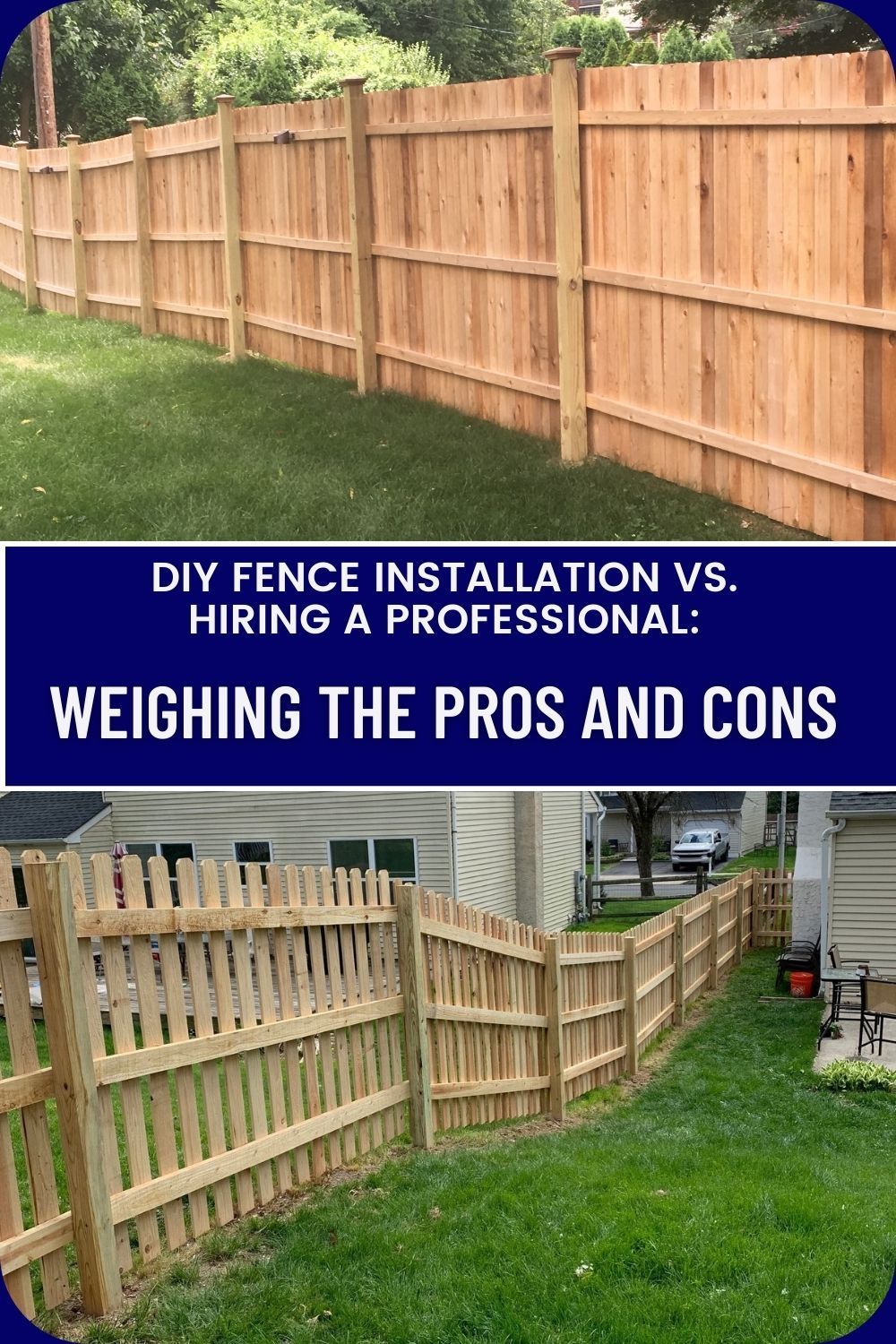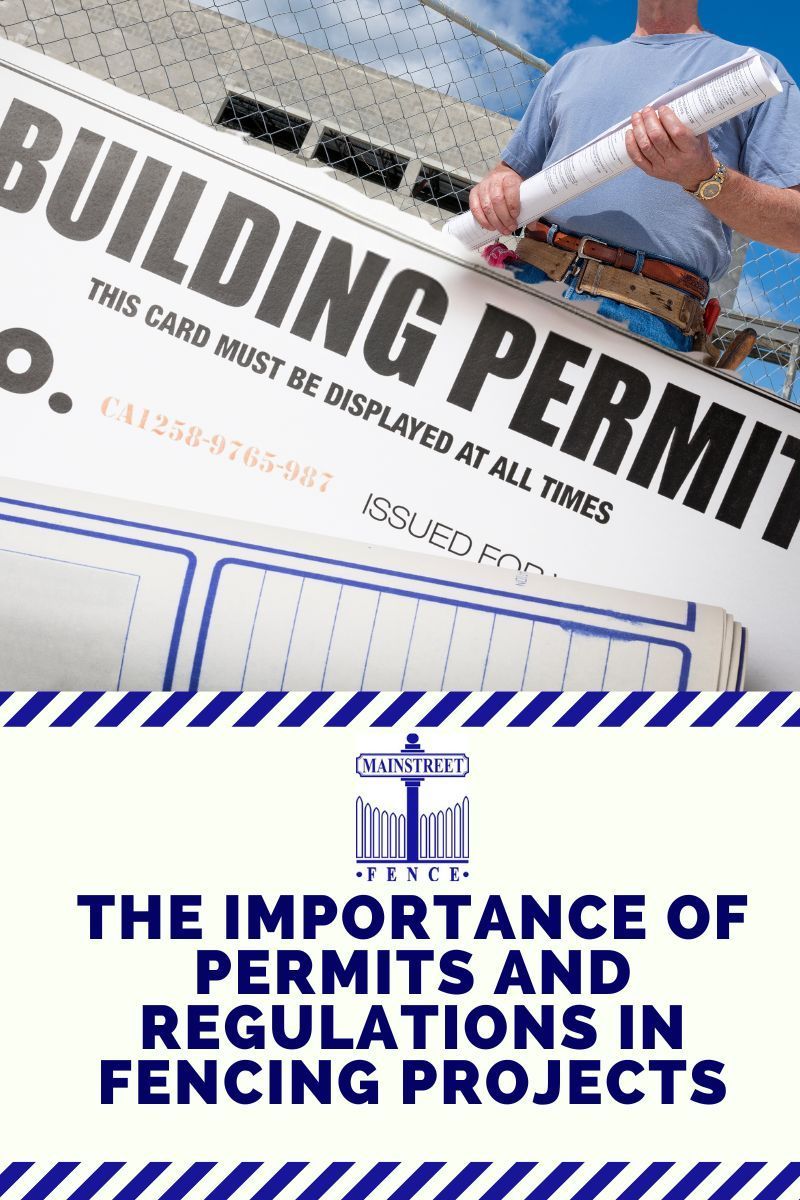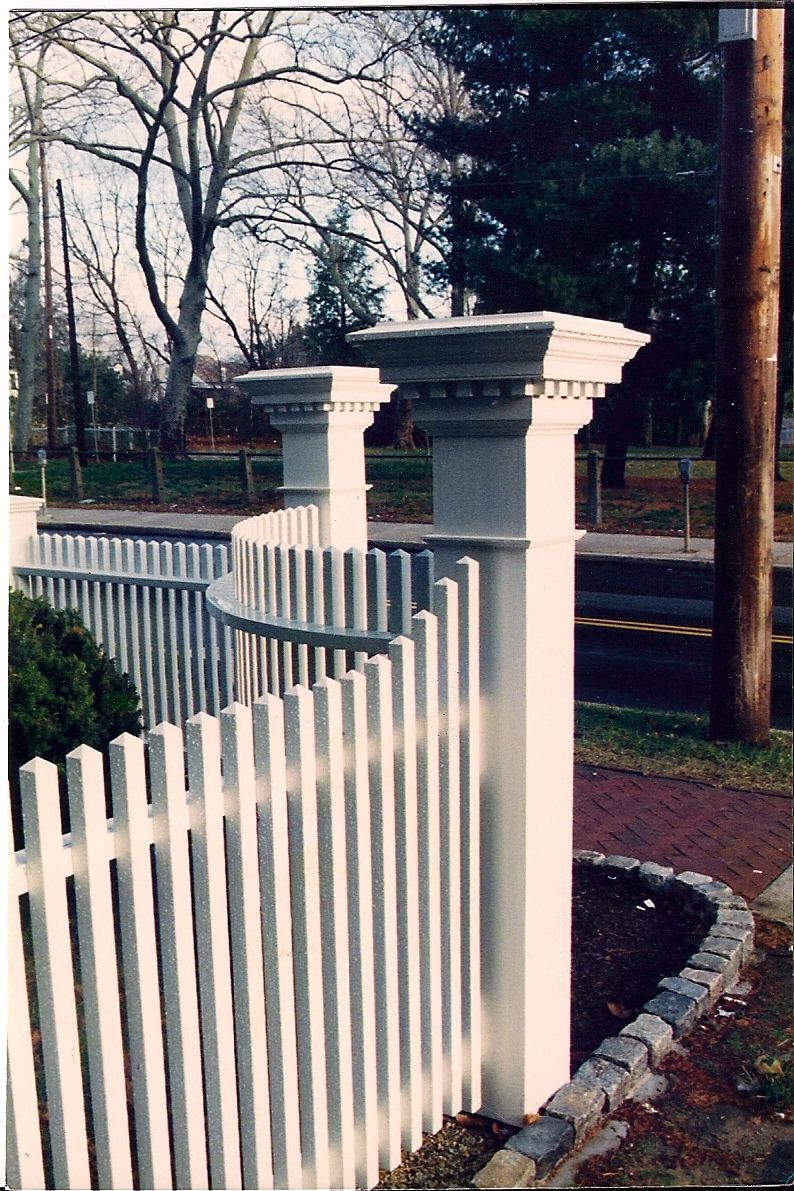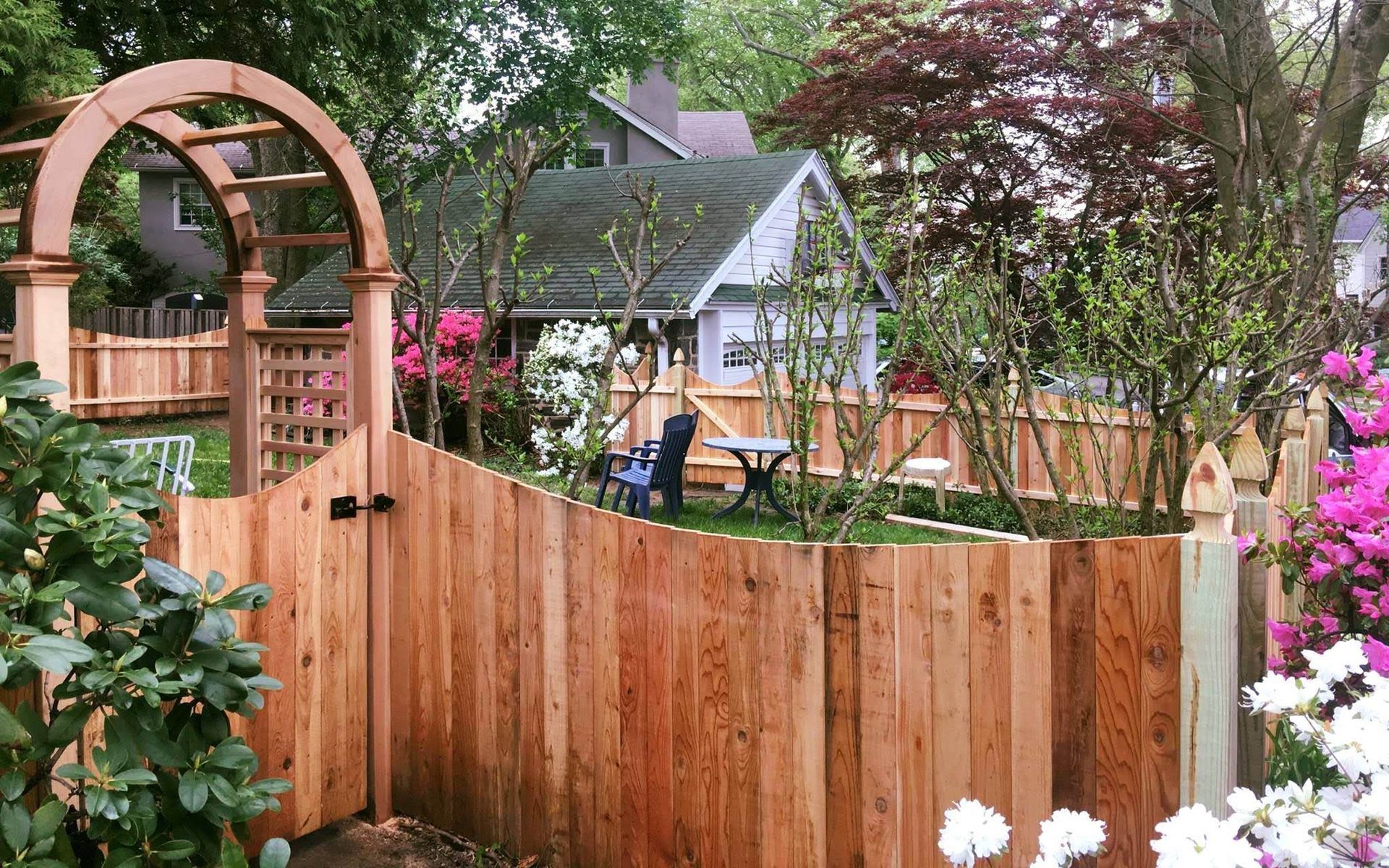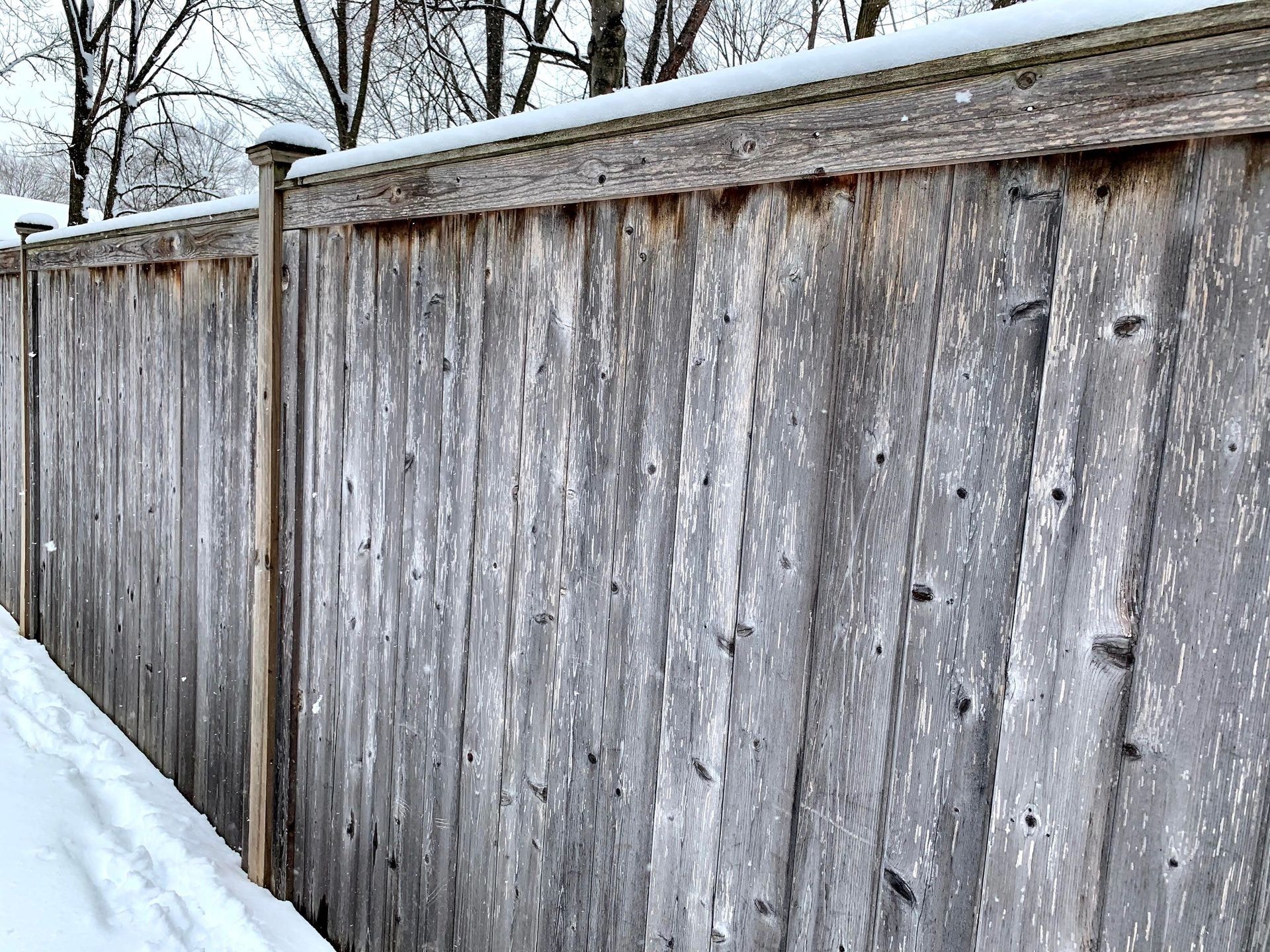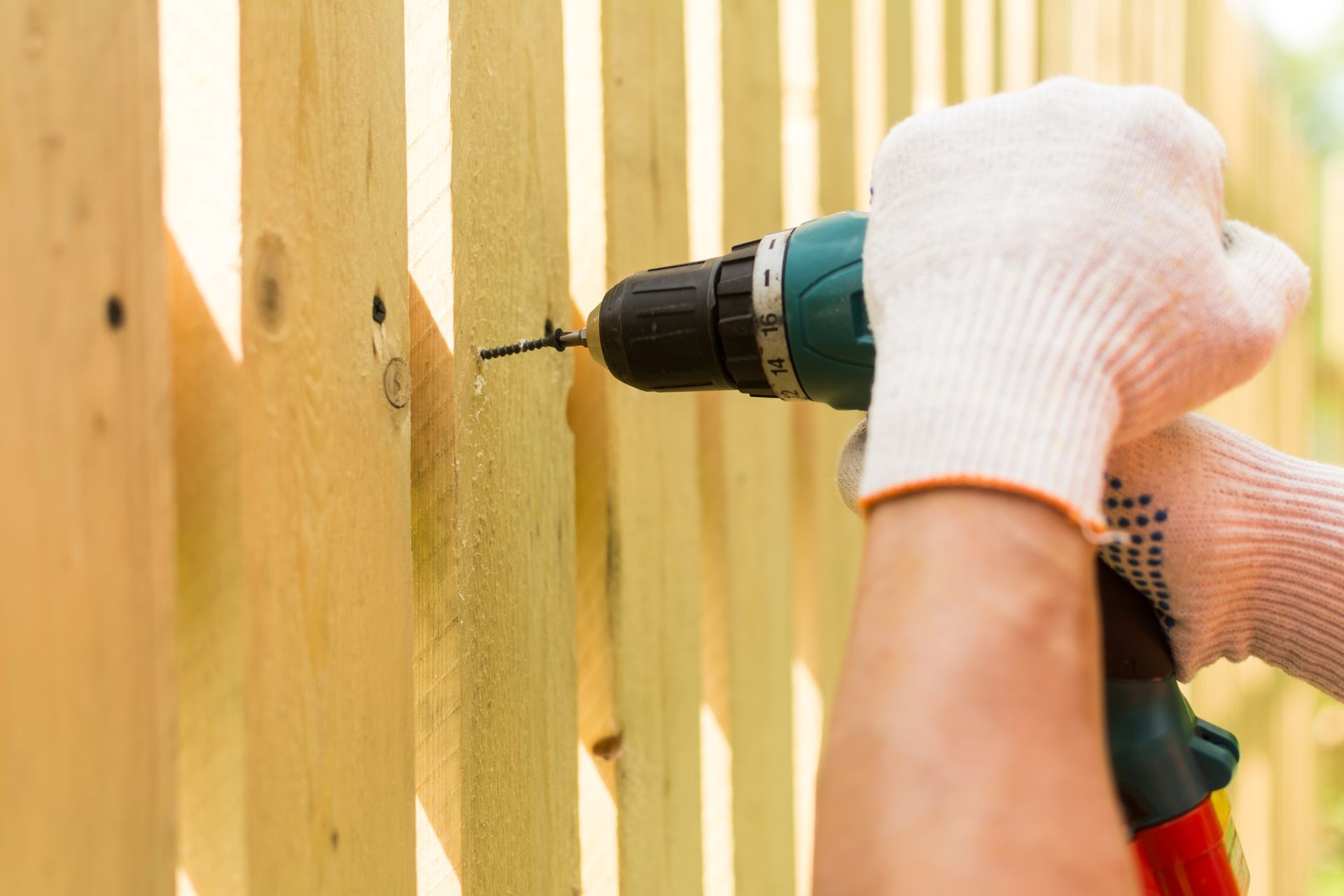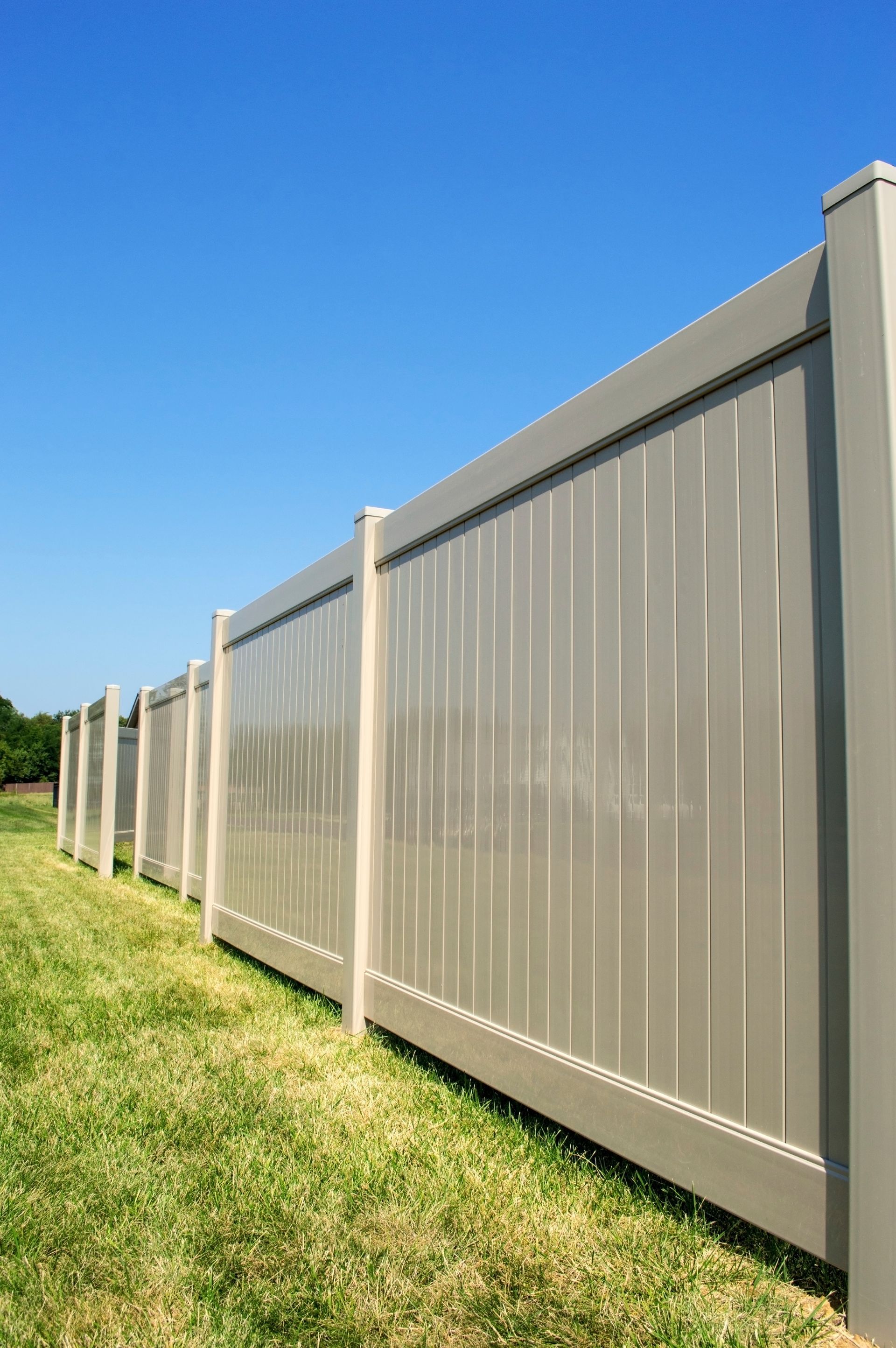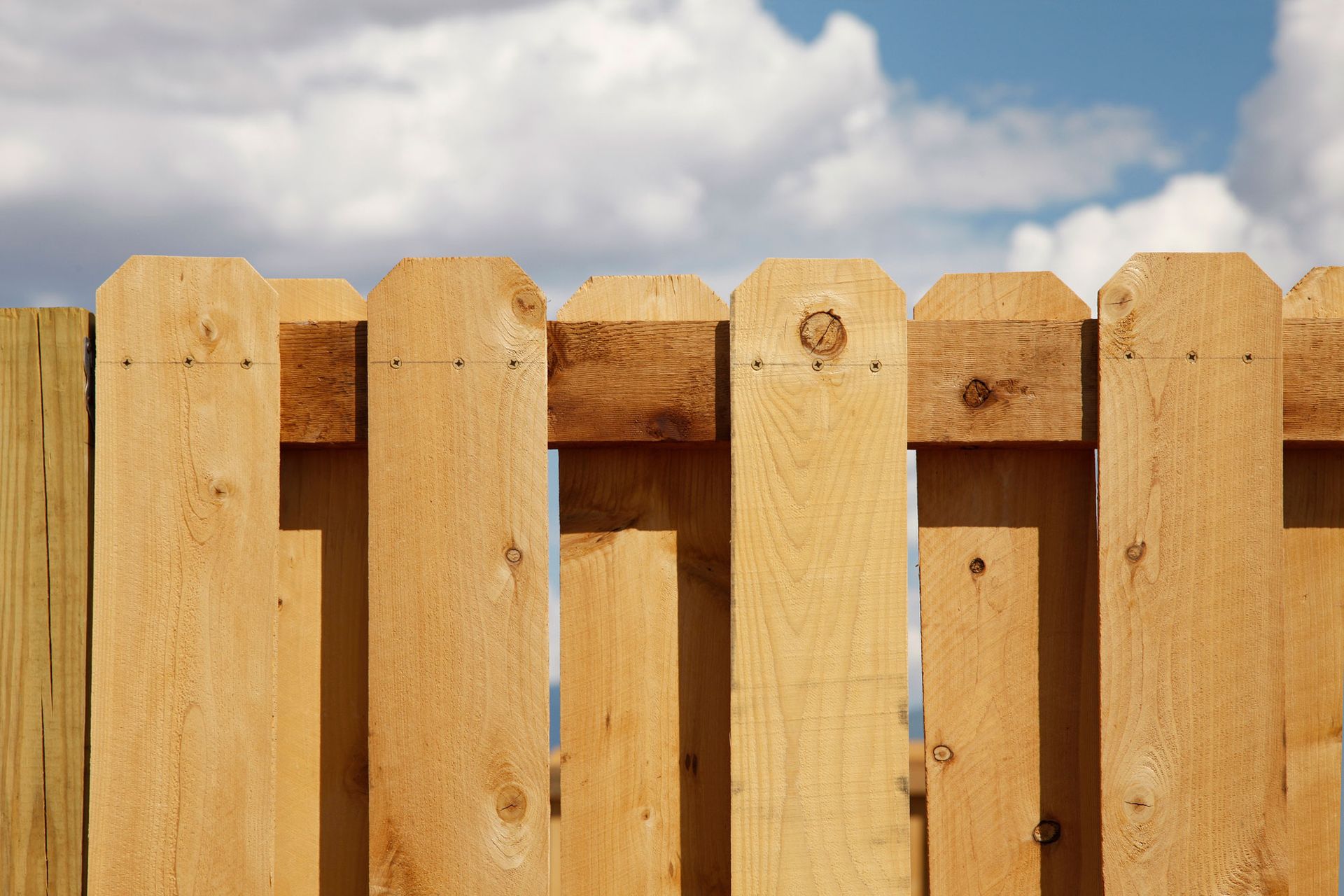Wood Fence Pros and Cons: Evaluating the Perfect Choice for Your Property
When it comes to selecting the right fence for your property, an array of options exists. Among them, wood fences continue to be a popular choice for homeowners and businesses alike. Wood fences offer a classic and timeless appeal, along with a host of benefits. However, like any fencing material, wood has its own set of advantages and disadvantages. In this blog, we will explore the pros and cons of wood fences to help you make an informed decision for your property.
Pros of Wood Fences:
1. Aesthetic Appeal:
One of the primary reasons homeowners opt for wood fences is their natural beauty and charm. Wood fences can enhance the overall curb appeal of your property, complementing various architectural styles. They offer a warm, rustic feel that blends seamlessly with nature and can be painted or stained to match your home's exterior.
2. Versatility:
Wood fences come in a wide range of styles, from classic picket to privacy and board-on-board designs. This versatility allows you to choose a fence that suits your specific needs and preferences. Depending on the style chosen, wood fences can provide varying levels of privacy and security.
3. Cost-Effective:
Compared to other fencing materials like wrought iron or vinyl, wood fences tend to be more affordable. Wood is readily available and generally costs less to purchase and install. Additionally, wood fences are relatively easy to repair or replace compared to other materials, making maintenance costs lower in the long run.
4. Eco-Friendly:
Wood is a renewable and sustainable material, making it an eco-friendly choice for environmentally conscious homeowners. Unlike materials that require energy-intensive manufacturing processes, wood fences have a smaller carbon footprint.
Cons of Wood Fences:
1. Maintenance Requirements:
One of the primary downsides of wood fences is their maintenance needs. Wood is susceptible to decay, rot, and insect damage over time. Regular maintenance such as staining or painting, sealing, and treating with wood preservatives is necessary to protect the wood and extend its lifespan.
2. Weather Sensitivity:
Wood is sensitive to moisture and changes in weather conditions. Exposure to excessive moisture, rain, or extreme temperature fluctuations can cause the wood to warp, crack, or splinter. Areas with high humidity levels or heavy rainfall may require more frequent maintenance to keep the fence in good condition.
3. Durability and Lifespan:
Compared to other fencing materials like wrought iron or vinyl, wood fences have a shorter lifespan. While proper maintenance can extend their life, eventually, wood fences will require replacement. In regions with harsh climates, the durability of a wood fence may be shorter compared to alternative materials.
4. Vulnerability to Pests:
Wood fences can attract pests such as termites, ants, or wood-boring insects, which can cause significant damage if left unchecked. Regular inspections and preventative measures are necessary to address potential pest issues promptly.
Wood fences offer a timeless and natural aesthetic that can enhance the beauty of any property. Their affordability, versatility, and eco-friendly nature make them a popular choice among homeowners. However, the maintenance requirements, susceptibility to weather conditions, and vulnerability to pests are aspects that should be carefully considered before opting for a wood fence. By weighing the pros and cons, you can make an informed decision and choose the right fencing material to meet your specific needs.


